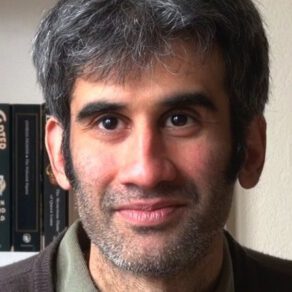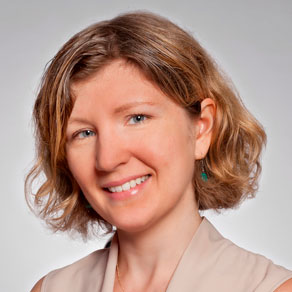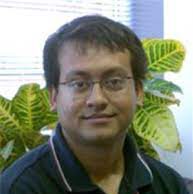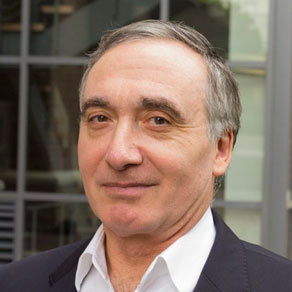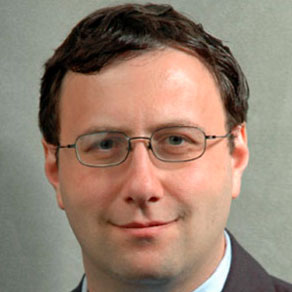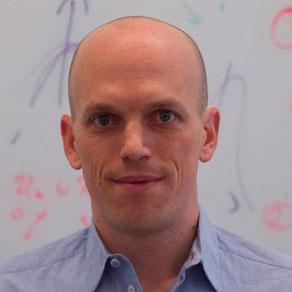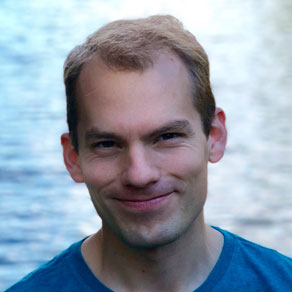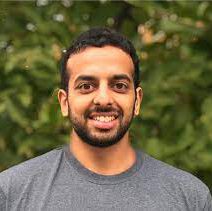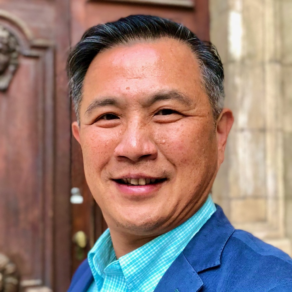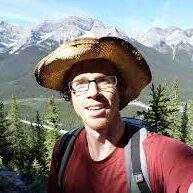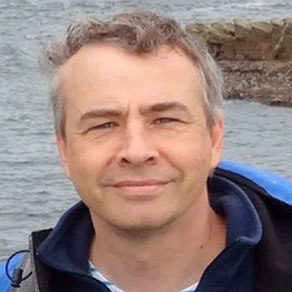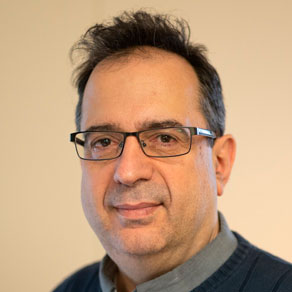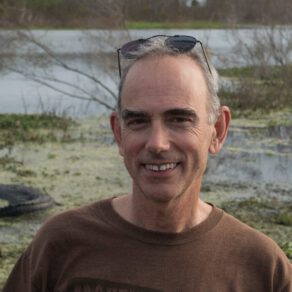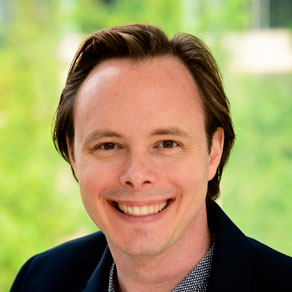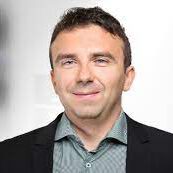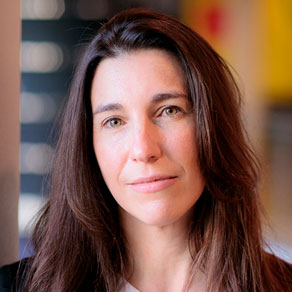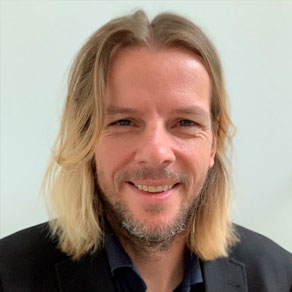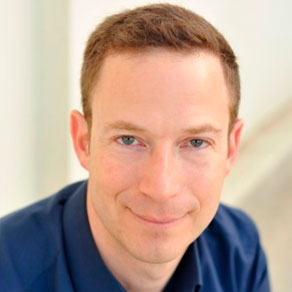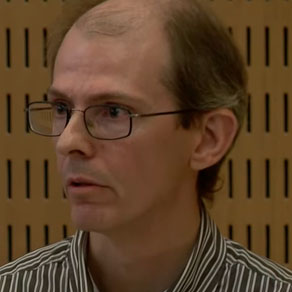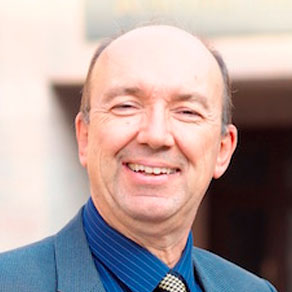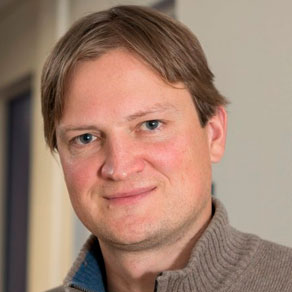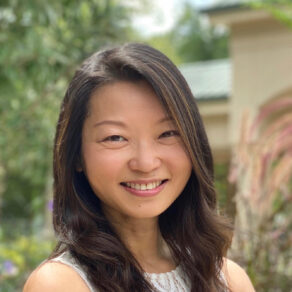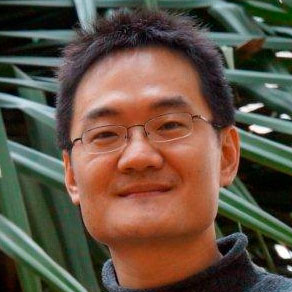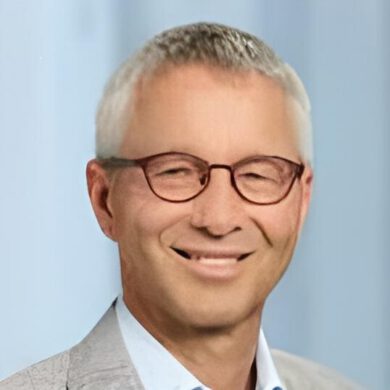
Joachim M. Buhmann
Machine Learning — A Paradigm Shift in Human Thought!?
Summary
Data are everywhere these days and they amount to an unimaginable variety of views on the world. MRF imagery, digital biopsies, Omics data in personalized medicine, the microwave background radiation of the universe, social network traces, the financial flow around the globe, etc., digitalization enables us humans to perceive facets of reality in an unprecedented complexity. With modern computing machinery and i.e. high performance algorithmics we can create models that are too complex to be memorized or even understood by humans but we can control such models and process their predictions. An automated scientific method with algorithms in experimental design, analysis and theory building arises on the methodological horizon and it will transform empirical sciences with many heterogeneous degrees of freedom from a descriptive enterprise to predictive inference. The foremost challenge will confront us with validating such data science algorithms, especially determining their statistical correctness. Starting with a minimum description length argument for selection a posterior we motivate a localization criterion as a lower bound that achieves information theoretical optimality. Uncertainty in the input causes a rate distortion tradeoff in the output when the DS algorithm is adapted by learning. We present design choices for algorithm selection and sketch a theory of validation. This algorithm validation strategy provides a concept how to automate the scientific method.
Short bio
Joachim M. Buhmann is a Professor for Computer Science at ETH Zurich. He studied physics at TU-Munich and performed postdoctoral research at USC and LLNL in California. Until 2003 he was a Professor for Applied Computer Science at the University of Bonn. His teaching and research includes Machine Learning in theory and applications, e.g. in the life sciences. He is a member of the Swiss Academy of Science (SATW), a Fellow of the IAPR and he serves as a research council member of the Swiss National Science Foundation.

